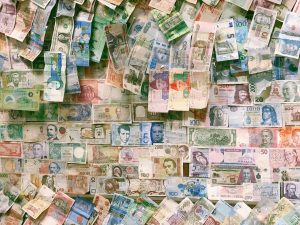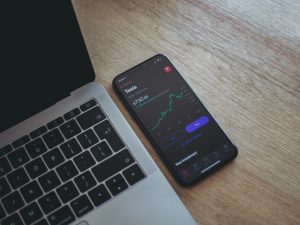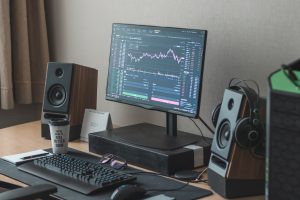When it comes to investing, there are a variety of options available, including futures and forex. Both are popular choices for investors, but which one is better? In this article, we’ll take an in-depth look at both futures and forex to help you determine which option is right for you.
What Are Futures?
Futures are contracts that allow investors to buy or sell a particular asset at a predetermined price and date in the future. Futures contracts are traded on organized exchanges, such as the Chicago Mercantile Exchange (CME) or the New York Mercantile Exchange (NYMEX).
Futures are popular among investors who are looking to hedge their investments against market fluctuations. For example, if you own a portfolio of stocks and are concerned about a potential market downturn, you could buy a futures contract that would pay out if the market declines.
Futures contracts are also used by investors who are looking to speculate on the direction of a particular market. For example, if an investor believes that the price of oil is going to increase, they could buy a futures contract that would allow them to profit if the price of oil does indeed go up.
What Is Forex?
Forex, or foreign exchange, is the market where currencies are traded. The forex market is the largest financial market in the world, with daily trading volumes exceeding $5 trillion.
Forex trading involves buying and selling currency pairs, such as the EUR/USD or GBP/USD. The goal of forex trading is to profit from changes in the value of one currency relative to another.
Forex trading is popular among investors who are looking to diversify their portfolios and take advantage of opportunities in the global market. Forex trading is also popular among investors who are looking to speculate on the direction of a particular currency.
Which One Is Better?
The answer to this question ultimately depends on your investment goals and preferences. Here are some key factors to consider when deciding between futures and forex:
1. Market Size and Liquidity
The futures market is much smaller than the forex market, with daily trading volumes of around $150 billion. The forex market, on the other hand, is much larger, with daily trading volumes exceeding $5 trillion.
This means that the forex market is much more liquid than the futures market, which can make it easier for investors to enter and exit positions quickly.
2. Risk and Reward
Both futures and forex trading come with a certain level of risk. However, futures trading is generally considered to be riskier than forex trading, as futures contracts are highly leveraged and can lead to significant losses if the market moves against you.
Forex trading, on the other hand, is generally considered to be less risky than futures trading, as forex traders can use stop-loss orders to limit their losses.
3. Trading Hours
The futures market has set trading hours, typically from 9:30 a.m. to 3:15 p.m. EST, which can make it difficult for investors who are located in different time zones to participate in the market.
The forex market, on the other hand, is open 24 hours a day, five days a week, which makes it more accessible to investors who are located in different time zones.
4. Volatility
Both futures and forex trading can be volatile, but the forex market is generally considered to be more volatile than the futures market. This can make forex trading more exciting for some investors, but it can also lead to higher levels of risk.
5. Fees and Commissions
Futures trading typically involves higher fees and commissions than forex trading. This is because futures contracts are traded on organized exchanges, which charge fees for their services.
Forex trading, on the other hand, typically involves lower fees and commissions, as the market is decentralized and there are no exchange fees.
Conclusion
In conclusion, both futures and forex trading can be viable investment options, depending on your investment goals and preferences. If you are looking for a more liquid market with lower fees and commissions, forex trading may be the better option for you. If you are looking for a market with set trading hours and the ability to hedge your investments against market fluctuations, futures trading may be the better option for you. Ultimately, the decision comes down to your individual needs and preferences.






